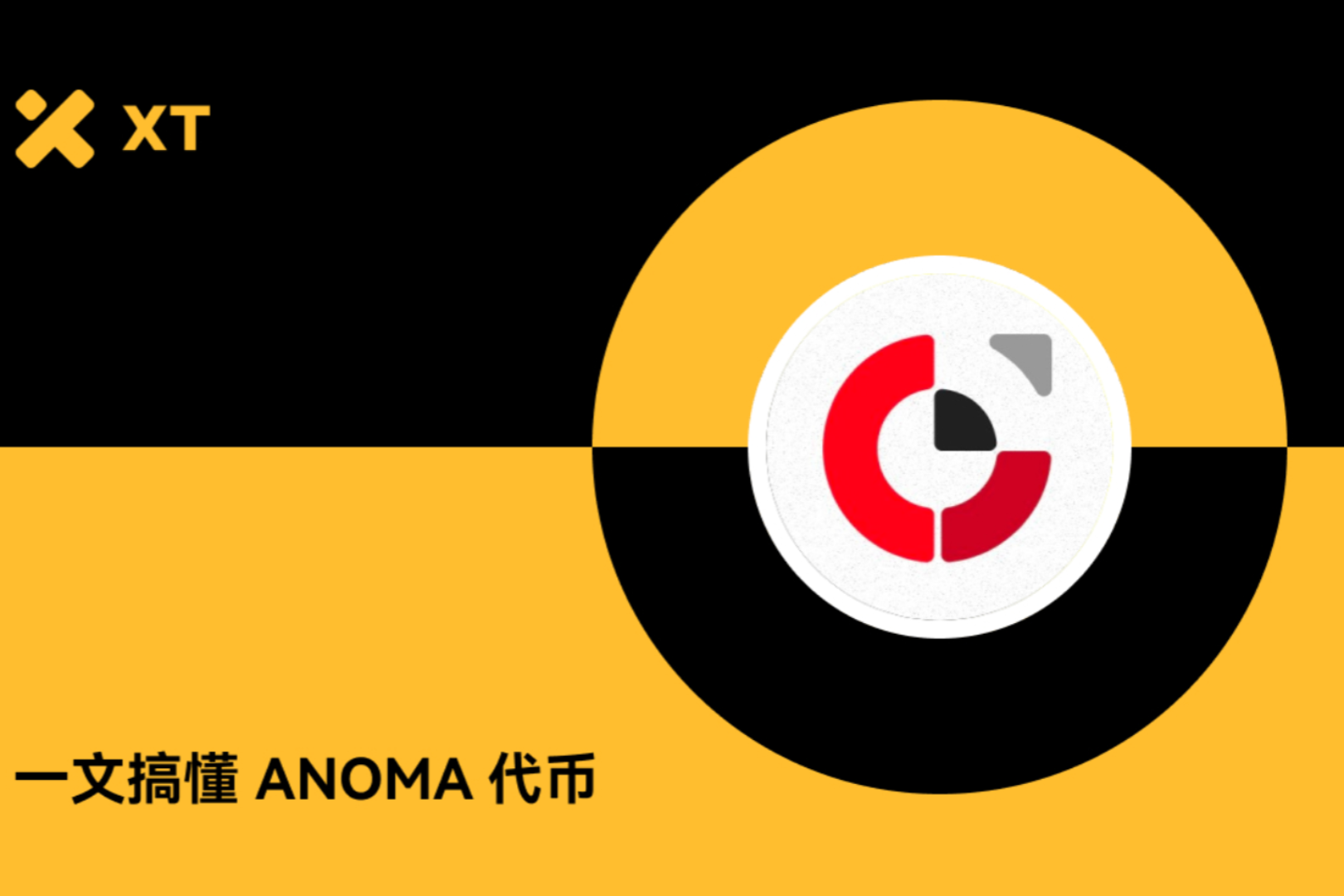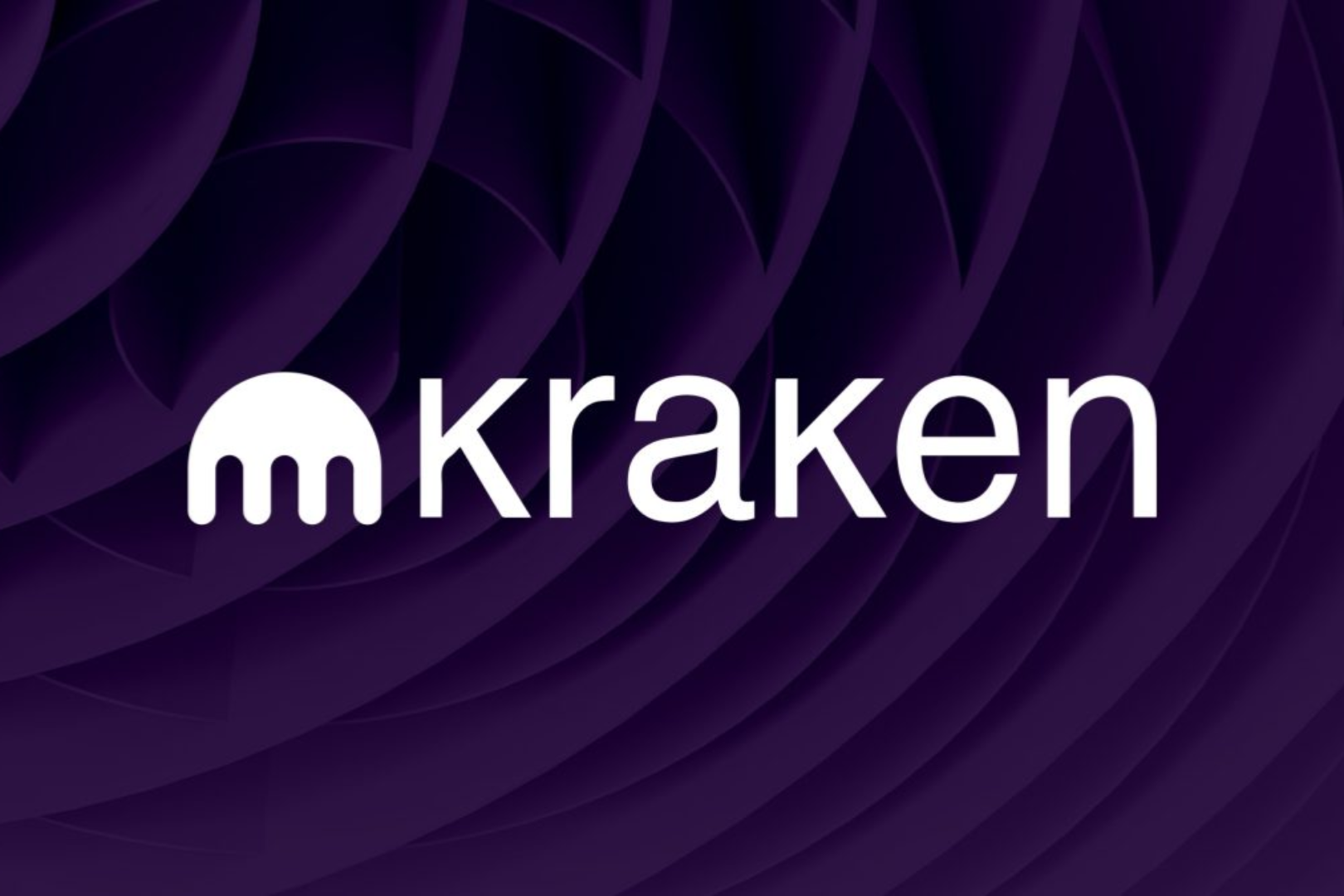
Editor's Note: This article comes fromStar Media STARMEDIA (ID: Star_Media1), Author: Deep Alchemy, reproduced by Odaily with authorization.
Editor's Note: This article comes from
Star Media STARMEDIA (ID: Star_Media1)
Star Media STARMEDIA (ID: Star_Media1)
, Author: Deep Alchemy, reproduced by Odaily with authorization.
Privacy coins, a subcategory of cryptocurrencies, have been playing an important role since 2013.
In addition, the traditional leading public chains Bitcoin and Ethereum have gradually adopted different technologies to provide a certain degree of anonymity.
But at the same time, there are also some voices who believe that "anonymity (privacy) is a false demand", on the grounds that "people will have less and less demand for privacy protection", "in the face of the Internet and big data, it is basically impossible to achieve anonymity", "anonymity It will encourage money laundering and criminal activities, and the government will vigorously suppress it", "Anonymity is just a gimmick, used for hype"...
So, are anonymous coins really useless? Does the public really need privacy? Under what circumstances will Internet giants return privacy to ordinary users? How will privacy coins develop in the future?
To this end, Star Media interviewed many well-known blockchain practitioners, how do they view anonymous coins? Let's find out.
Weibo Big V Blockchain William
Anonymous coins are one of the most indispensable types in the cryptocurrency world. In fact, the earliest goal of Bitcoin was to be an anonymous coin, but due to various reasons, it has become a transparent coin, so other anonymous coins are needed to fill this gap. Of course, anonymous coins are not exclusive to bad people and evil things. In theory, people who want privacy will want anonymous coins. This is its purpose. I am optimistic about this track for a long time.
People definitely value privacy, but the current environmental conditions make the cost of protecting privacy very high. If privacy can be protected in a more convenient and affordable way, then most people are still willing to try.
In 2020, Dash and Zec are the direct beneficiaries of the halving market. They have begun to show signs of starting. I am still optimistic about their market performance. Other privacy coins may also benefit from this.
Zhao Yi, Founder of WhaleEx
Although privacy coins are often associated with more negative images such as the dark web, I believe that "auditable" privacy is an important user demand.
Among the privacy coins, I personally like Grin. Apart from technology, the main reason is that Grin is as pure as BTC. It has no ICO, no pre-mining, no private placement, and no team rewards—just like Bitcoin, it is full of idealistic temperament, which is very attractive to me. The Grin code is open source and can be copied by everyone, but what is difficult to copy is the selflessness of Grin. I personally invested in Grin's Asic mining machine, and I also held Grin's Meetup in Hangzhou. After Bitcoin and Ethereum, the cross-chain of Whale Exchange supports Grin third. Whale Exchange and I are both part of the Grin community, and we will be optimistic about and support the development of Grin for a long time, so as to truly realize the unfinished ideal of Bitcoin electronic cash.
In 2020, I expect idealists like Grin to win the cheers and recognition of the public.
secondary title
Mark, co-founder of CareLock
1. Anonymous currency fully guarantees the free right to exchange things between people. People transacting through privacy coins have full control over their privacy.
2. In the long run, anonymous + stable currency is the future.
3. At present, DCEP is likely to be an anonymous coin in a half sense: that is, DCEP has a relatively stable value, and at the same time prevents any unrelated third party from tracking the transaction of a specific person.
An unnamed investor
I am optimistic about anonymous stablecoins. At present, the amount or whereabouts on the chain cannot be traced at the time of transaction. This demand exists. For example, companies can prevent their transaction flows from being controlled by competitors, investment information for national security technology development is not suitable for disclosure, and anonymous technology protects personal privacy information and other scenarios.
In terms of privacy, I think Internet giants will not take the initiative to make concessions and return data ownership to users. However, there is a possibility of breaking the situation in the case of profit-driven. For example, at the user level, sharing personal privacy data can gain benefits; at the national level, the government restricts the use of personal data by large Internet companies at home and abroad, which is also conducive to national governance and political security—both individuals and the country have interests Drive to disintegrate large Internet companies.
In addition, don't think about using anonymous stablecoins to do illegal things, this government does not allow it
secondary title
Guo Yu, Founder and CEO of Ambi Labs
Anonymous transactions and confidential transactions are necessary functions of blockchain digital currency. Transaction details data may bring unpredictable harm to users. For any digital currency system whose goal is to actually use it, if all transaction information is publicly available, then this system will be unusable, because all transaction behaviors can be easily tracked. Similarly, anonymity and confidentiality are also essential functions of many other public chains, alliance chains, and decentralized applications DAPP.
Only the fairness achieved under the premise of protecting the privacy of users is meaningful.
But the current anonymous currency can be said to be the experimental field of anonymous transaction technology. The current technology is still in the experimental stage and cannot meet the various needs of actual use. For example, the ZCash protocol still has some areas that need to be improved, such as keeping the total amount of issuance constant; the anti-transaction tracking ability of the Monero anonymous coin is relatively weak.
Anonymity and confidentiality can be said to be the top priority, so anonymous coins are required in most application scenarios, including DeFi.
Anonymity coins rely on some complex cryptography techniques, such as zero-knowledge proof, homomorphic encryption, etc. The theory behind these technologies is still in the process of rapid development and iteration, and some theories and security assumptions have not been tested long enough. In addition, performance is still an issue. This requires further breakthroughs in this type of related cryptography technology.
Zero-knowledge proof is the basic theory in cryptography and the theoretical basis of most anonymous coin technologies. The zero-knowledge proof technology we usually refer to refers to the general-purpose zero-knowledge proof construction technology (ZKP), such as zkSNARK is one of the most common types. In addition, related technologies such as secure multi-party computing technology (MPC) and fully homomorphic encryption technology (FHE). The difference between them is mainly in the scene. ZKP can guarantee the correctness of a single calculation process and output, and MPC can guarantee the correctness of the results calculated by multiple parties together. FHE allows arbitrary calculations on encrypted data.
In the long run, more and more forces will gradually participate in various blockchain experiments, which will integrate different disciplines and combine different technologies. Blockchain will bring us various surprises. In the face of the power of the blockchain, I deeply feel that my imagination is very limited.
secondary title
Mars Chain CEO Sofia
With the development of the blockchain, matching the user's personal information with the transaction information on the chain can trace the past and track all future transaction records. In this way, not only can it be disclosed and resold for commercial purposes, but it can also be used as a weight in extortion to make huge profits.
Financial privacy refers to the right of users to protect their own specific property status, and it is also a common demand for financial transactions. However, the anonymity of blockchain transactions does not mean the protection of privacy. On-chain data analysis companies such as Chainanalysis have great influence on on-chain financial transactions. The right to privacy presents significant challenges.





